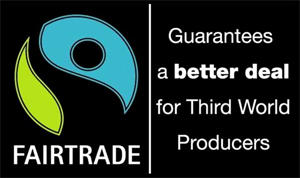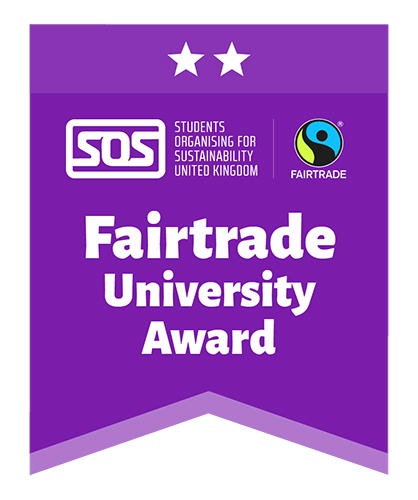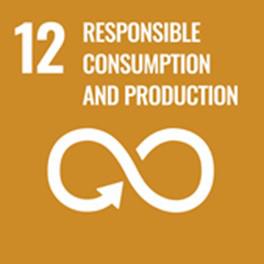
What is Fairtrade?
Fairtrade is an international movement working with more than 1,900 producer organisations, across 68 countries, to improve the living standards of farmers and workers, invest in communities and businesses, and protect our Earth. They do this by rallying a global community of farmers, workers, supply chain partners, retailers, and schools to pay fair prices.
Fairtrade policy

Please read our Fairtrade policy. The Fairtrade Foundation recognises both the University’s ongoing commitment to supporting sustainable development in the developing world and the significant progress made by the University since Fairtrade Status was first granted. View a recent impact report conducted in April 2023.
Fairtrade Action Plan
We have many exciting plans for promoting and encouraging Fairtrade decisions. You can view our action plan.
The University and Students’ Union sells a wide variety of Fairtrade products across its cafes, canteen and shop. We use Fairtrade footballs in Student Societies and Fairtrade suppliers are regularly invited onto campus to sell their products. Many products, including all drinks are used by catering for hospitality and conferences, are also Fairtrade.
By buying a product with the Fairtrade mark, it guarantees a price that covers the cost of production, a social premium for producer groups to invest in the business or community (including educational) development, long-term trading relationships and advanced payments.
We ran a survey surrounding our staff and students' knowledge and usage of Fairtrade and compiled the results.
Procurement Working Group

Students and colleagues are regularly invited to speak to students on various modules and run the popular orange trading game. Fairtrade is about better prices, decent working conditions, local sustainability, and fair terms of trade for farmers and workers in the developing world.
By requiring companies to pay sustainable prices (which must never fall lower than the market price), Fairtrade addresses the injustices of conventional trade, which traditionally discriminates against the poorest, weakest producers. It enables them to improve their position and have more control over their lives.